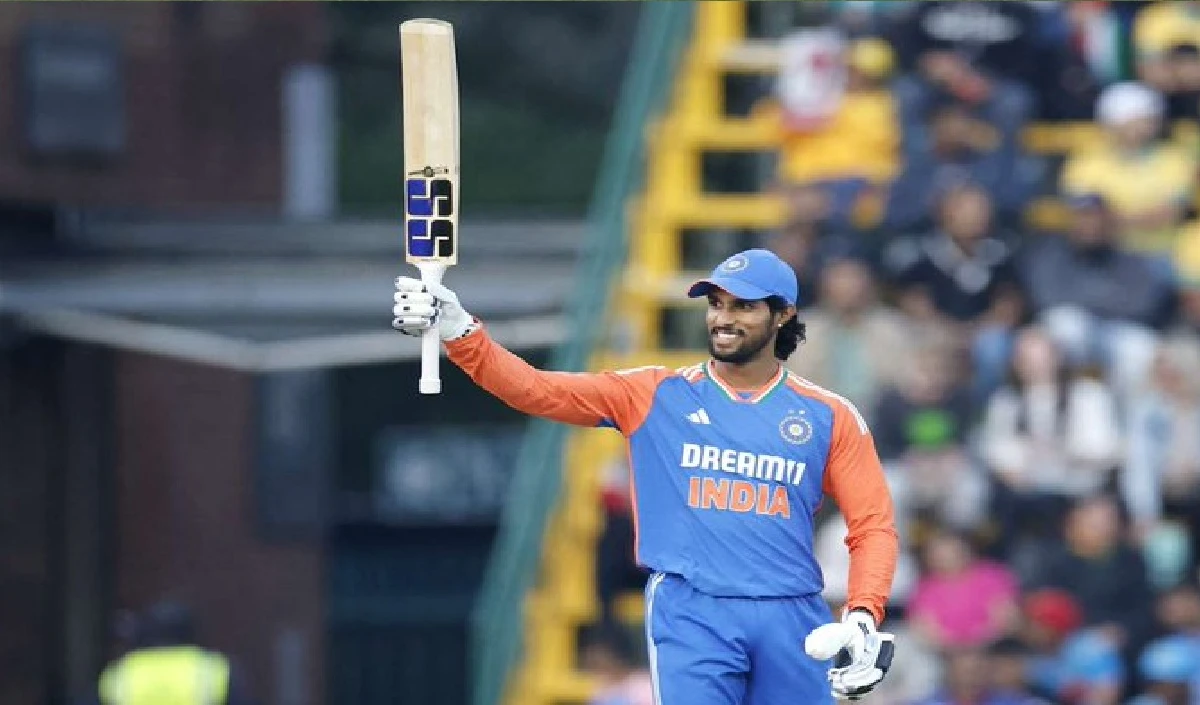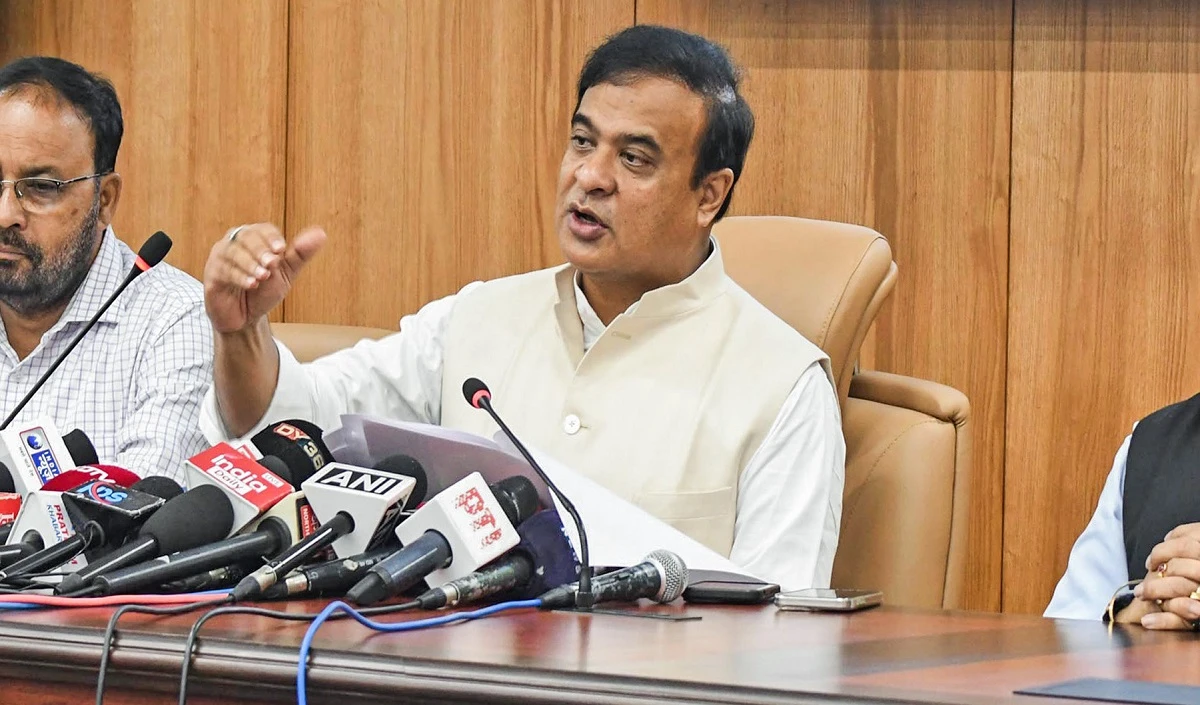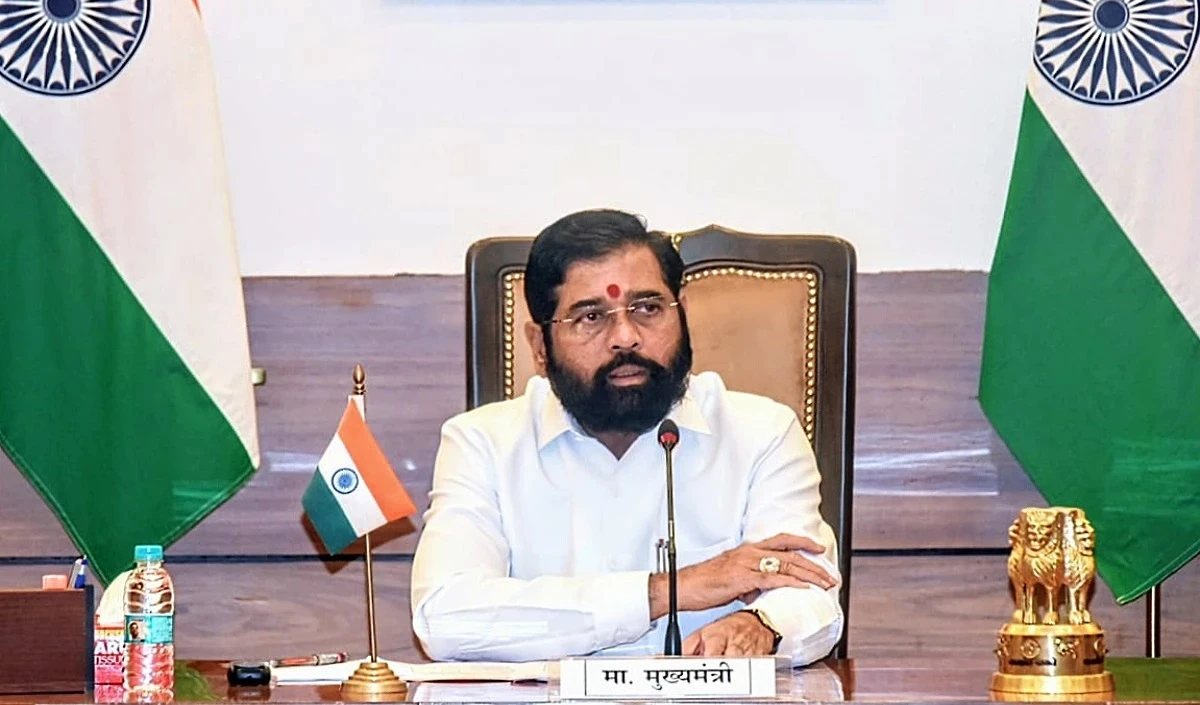In his third term, Prime Minister Narendra Modi is active in solving serious problems at the global level. Prime Minister Narendra Modi and Foreign Minister S Jaishankar are registering their presence on every global platform. The world, which is disturbed due to war and terrorism, is now looking towards India for establishing global peace and Prime Minister Narendra Modi is determined for this. Prime Minister Modi is in touch with leaders to reduce the ongoing tension between Russia-Ukraine war and Israel-Arabia. After assuming office for the third time, Prime Minister Modi has visited Russia twice. Before the 2024 Lok Sabha elections, it seemed that relations between India and Russia were turning sour but at the summit of BRICS countries held in Kazan city of Russia, there was a friendly exchange of words between Indian Prime Minister Narendra Modi and Russian President Vladimir Putin. Political analysts were surprised to see the behavior and talks.
In the BRICS summit, the eyes of the whole world were on the bilateral talks between Indian Prime Minister Modi and Chinese President Xi Jinping because even before the BRICS summit, an agreement was reached to resolve the border dispute between India and China. This conversation between the heads of government of India and China took place after a long gap of the Galwan accident, due to which it seemed that the ice between India and China is now melting.
Read this also: Agreement with China is important, but more trust is expected
After the meeting of the two heads of government, the news has also come that as per the agreement between India and China, the withdrawal of Indian and Chinese troops has started from Demchok and Depsang in Eastern Ladakh sector. This is a major strategic, diplomatic and tactical victory for India. In Demchok, both the armies have removed five tents each and this process is continuing. Once all tents and temporary structures are completely removed a joint verification process will begin. Verification will be done through both ground and aerial surveys. Under the initial operation, Indian troops in Demchok are retreating towards the western side of the Charding drain and Chinese troops are retreating towards the eastern side of the drain. There are about 10 to 12 temporary structures and about 12 tents on both sides which have been removed. going. China has significantly reduced the number of its soldiers and vehicles in the Depsang area and the Indian Army has also reduced its troops from there.
Regarding the latest developments, China’s statement has also come that after the tension on the India-China border has reduced, the withdrawal of troops has started in Ladakh. The statement said that frontline troops of both sides are carrying out relevant operations smoothly, which is the beginning of de-escalation after long-standing deadlocked discussions. It is noteworthy that after several rounds of talks before the BRICS conference, an agreement was reached towards restoring normalcy on the border with India, now the same agreement is being implemented on the ground. If this work continues like this, the situation before May 2020 will return in Eastern Ladakh.
According to the agreement between India and China, a broad consensus has also been reached regarding patrolling. Now the soldiers of both the countries will retreat during the winter season. For better coordination, there will be a meeting every month between the commanders of the two countries. This is the victory of the strong will of the changed India.
After the talks between Modi and Xi Jinping at the BRICS summit held in Kazan city of Russia, there is a possibility of positive impact on many other issues between India and China. It was decided in the fifty-minute meeting that India and China will work together to permanently resolve the border dispute as well as on the economic front. It has also been decided in the talks that after there is peace on the border, a meeting will also be held on starting the Mansarovar Yatra. In Kazan, Prime Minister Modi and Chinese President Xi Jinping discussed increasing mutual trade and finding new areas of cooperation and many global issues. It is important to reduce tension between India and China after five years.
It is also important to keep in mind here that there are ups and downs in relations between India and China and history teaches that even if the process of putting the agreement on the ground has started, China cannot be trusted until Everything may not come to perfection. Under the guise of the slogan of Hindi-Chinese brotherhood, China has invaded and infiltrated India in the past and has grabbed Indian land. The Galwan incident happened due to China’s betrayal but Indian soldiers gave a befitting reply to China and stood with their chests raised at the site of the clash. The present agreement was possible only because Indian soldiers forced China to step back.
India is no longer the country of 1962. Today’s India does whatever it says. For the first time, China has been forced to retreat without a major war. For the first time, the Indian government took really tough steps against China. After the Galwan incident, India banned direct flights with China and visa rules were tightened. Strict rules were imposed on Chinese investment in India, due to which the approval process of billions of dollars proposed by China in the last four years came to a halt. Similarly, keeping in mind the issues of data and privacy, 300 Chinese apps were banned due to which China had to suffer huge economic losses.
India still has to be very careful because Arunachal Pradesh will remain a major cause of tension between India and China. China’s policy on terrorism is also not clear, it appears to be standing with Pakistan and terrorists on the issue of terrorism. So far, it has vetoed Pakistani terrorist Masood Azhar in the United Nations instead of declaring him an international terrorist and banning him. At the same time, now only China is opposing India’s permanent membership in the United Nations General Assembly, due to which India is not able to get permanent membership in the United Nations nor are reforms being implemented there. It will be important to see whether China will give up its double standards on the issue of terrorism. To remain at par with China from commercial and trade point of view, India will have to put a lot of emphasis on vocal for vocal.
The success of the latest talks between Modi and Jinping will soon be tested because in the BRICS summit, BRICS countries have resolved to take decisive action by terming terrorism as a common threat. In the joint declaration issued in the city of Kazan, Russia, it has been resolved to take decisive steps to stop the spread of terrorist ideology, misuse of modern technology for its purposes, cross-border movement of terrorists and terrorist financing. China has also signed the BRICS declaration.
It will be interesting to see how seriously China takes this signature.
– Mrityunjay Dixit



